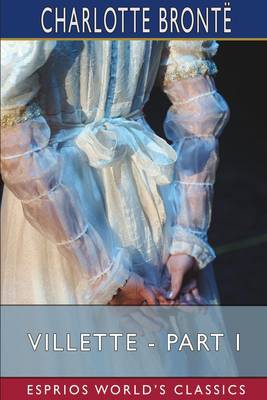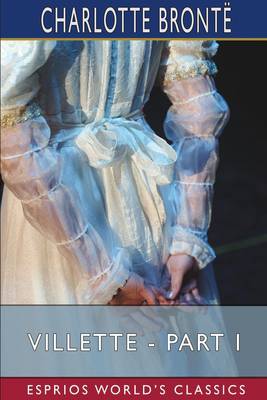
- Afhalen na 1 uur in een winkel met voorraad
- Gratis thuislevering in België vanaf € 30
- Ruim aanbod met 7 miljoen producten
- Afhalen na 1 uur in een winkel met voorraad
- Gratis thuislevering in België vanaf € 30
- Ruim aanbod met 7 miljoen producten
Zoeken
Omschrijving
Brontë's third novel, the last published in her lifetime, was Villette, which appeared in 1853. Its main themes include isolation, how such a condition can be borne, and the internal conflict brought about by social repression of individual desire. Its main character, Lucy Snowe, travels abroad to teach in a boarding school in the fictional town of Villette, where she encounters a culture and religion different from her own and falls in love with a man (Paul Emanuel) whom she cannot marry. Her experiences result in a breakdown but eventually, she achieves independence and fulfilment through running her own school. A substantial amount of the novel's dialogue is in the French language. Villette marked Brontë's return to writing from a first-person perspective (that of Lucy Snowe), the technique she had used in Jane Eyre.
Specificaties
Betrokkenen
- Auteur(s):
- Uitgeverij:
Inhoud
- Aantal bladzijden:
- 262
- Taal:
- Engels
Eigenschappen
- Productcode (EAN):
- 9781006654558
- Verschijningsdatum:
- 23/08/2024
- Uitvoering:
- Paperback
- Formaat:
- Trade paperback (VS)
- Afmetingen:
- 152 mm x 229 mm
- Gewicht:
- 390 g

Alleen bij Standaard Boekhandel
+ 86 punten op je klantenkaart van Standaard Boekhandel
Beoordelingen
We publiceren alleen reviews die voldoen aan de voorwaarden voor reviews. Bekijk onze voorwaarden voor reviews.











